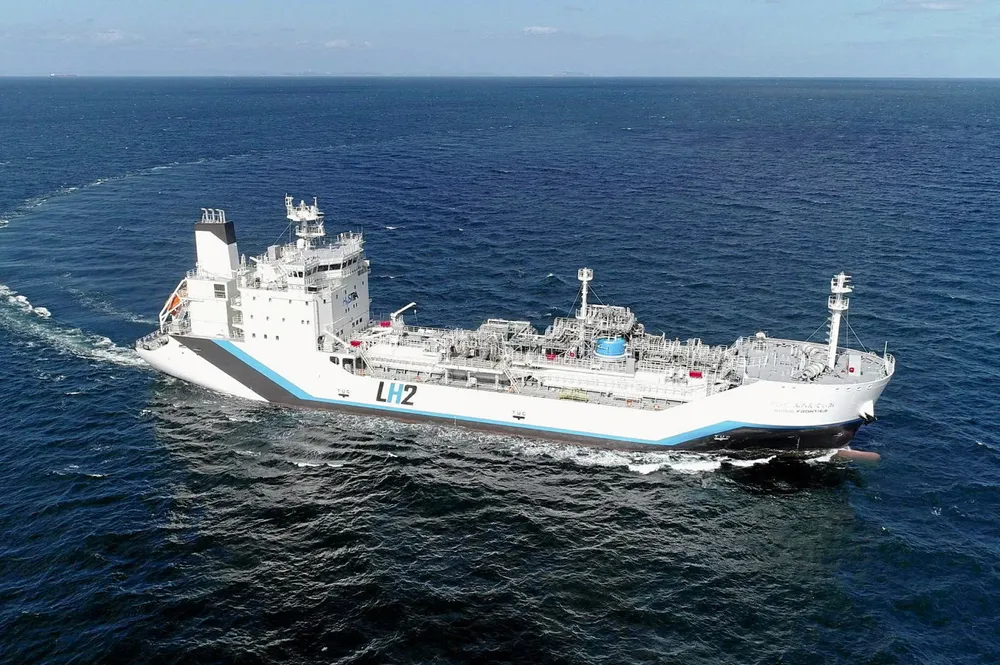Major Japanese oil firm buys into government-backed joint venture shipping liquid hydrogen from Australia to Japan
Inpex has bought shares from Kawasaki Heavy Industries into Japan Suiso Energy

Inpex has bought shares from Kawasaki Heavy Industries into Japan Suiso Energy
